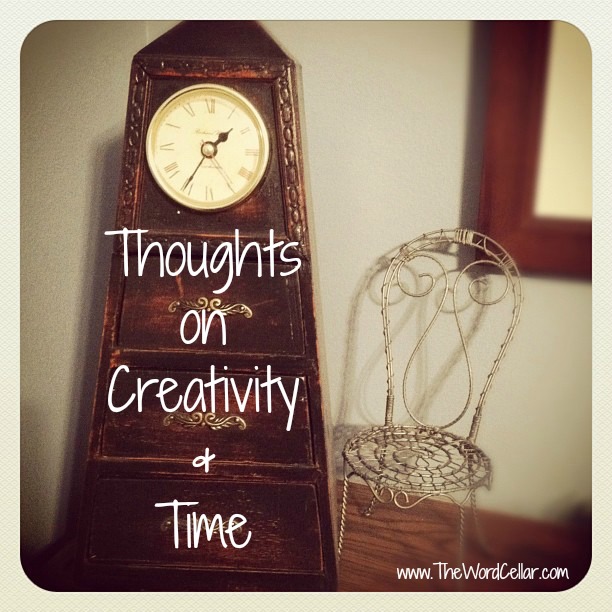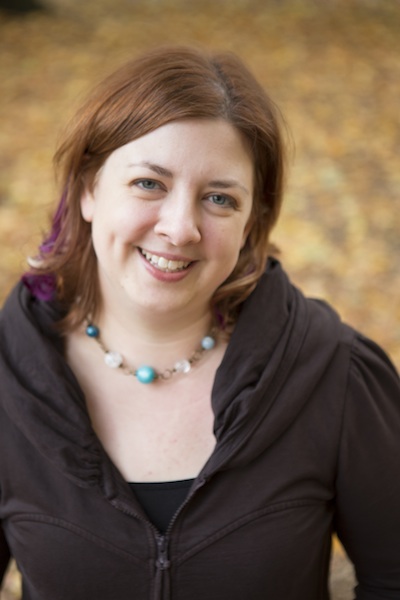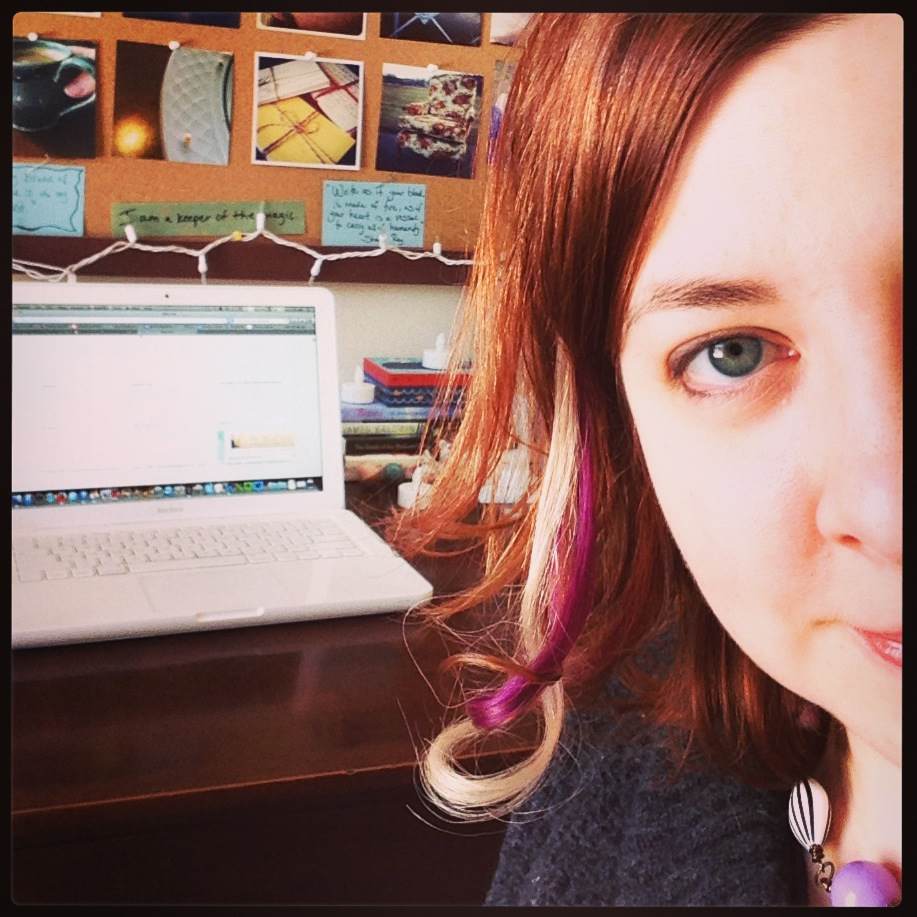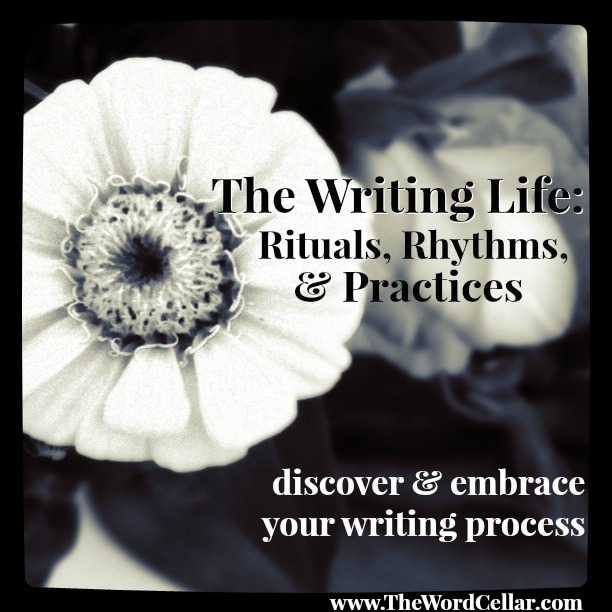Thoughts on Creativity & Time
 Wednesday, July 16, 2014 at 1:11AM
Wednesday, July 16, 2014 at 1:11AM 
Doing stuff takes time. Doing creative stuff can take a lot of time. It can also make time go all wonky, contracting and expanding it, making it refuse to play by the normal hourly rules.
Scenario #1: You sit down to write and the words won't come. You tell yourself: I'll sit here for one hour and do nothing else but focus on writing. Time limps, drags, scrapes by until you're begging for mercy, aching to stand up and do something more pleasurable, like wash dishes.
Scenario #2: You set out to write (or paint or dance or take photos) and you shimmy into a sweet groove. You are in the zone. You look up and zip! You've "lost" an hour or two or five.
Scenario #3: This is the in-between scenario: You write something, say, a blog post. You think it will take about an hour to write it, edit it, proofread it, add a photo to it, and hit "publish." Sometimes it takes an hour. Sometimes it takes three. It's not that time zipped or dragged, it's just that the process was more involved and consuming than you thought it would be.
I was talking about creativity and time with one of my students who is frustrated because Scenario #3 happens to her a lot. It happens to me a lot, too. Things often take much longer than I think they will. (Except when they don't, of course. Sometimes I put off doing something because I'm sure it will be difficult and a major time-suck. And then it ends up being easy-peasy and taking five minutes, and I feel like a schmuck, albeit a productive schmuck.)
I've been thinking about the nature of creative work, and how it forces us to play by different rules than if we were just making widgets on an assembly line. Creative work isn't so regulated, so orderly, so perfectly timed.
Ideas don't come down the conveyor belt in perfect succession, spaced apart just so.
Developing an idea doesn't happen in an orderly, assembly line fashion. It's messy. Things do not always proceed in a linear direction. There is much doubling back, doubling up, rearranging, redoing. I have to remember this every time I start writing a new essay or developing curriculum for a new course. Each time I do it I learn something new, but the learning never stops.
If I sit down to write, I want to be writing -- actively. I want to see words filling up the blank page. Letter after letter, word after word, line after line, punctuation mark after punctuation mark. Progress! I worry that if I'm not typing, I'm not doing anything. And if I'm not doing anything, then I must be lazy or stupid or creatively blocked. But no, this is not so. Idling is a good and necessary part of the creative process. Let your mind wander. Daydream. Doodle. Give yourself -- and your work -- time and space to breathe. I mean this literally (meditation, yoga, deep breathing, taking walks -- all good things), and more metaphorically. Let things steep and simmer for awhile. It adds flavor and depth, like a good soup.
(Not everything needs -- or can wait for -- a lot of marinating, of course. This blog post, for example, won't get a lot of breathing room. It's a bit more slapdash than that. But the essay I'm working on this week is getting a lot of breathing room. I've been noodling with it for months. This frustrates me, but I also know that it needed this long to come into being and to come into its own.)
This is what I know: Creative work needs time and space to breathe.
What about you? How does time fit into your creative process?
(This post was originally published in a slightly different form in January 2012.)
 writing,
writing,  writing life,
writing life,  writing tips
writing tips 









